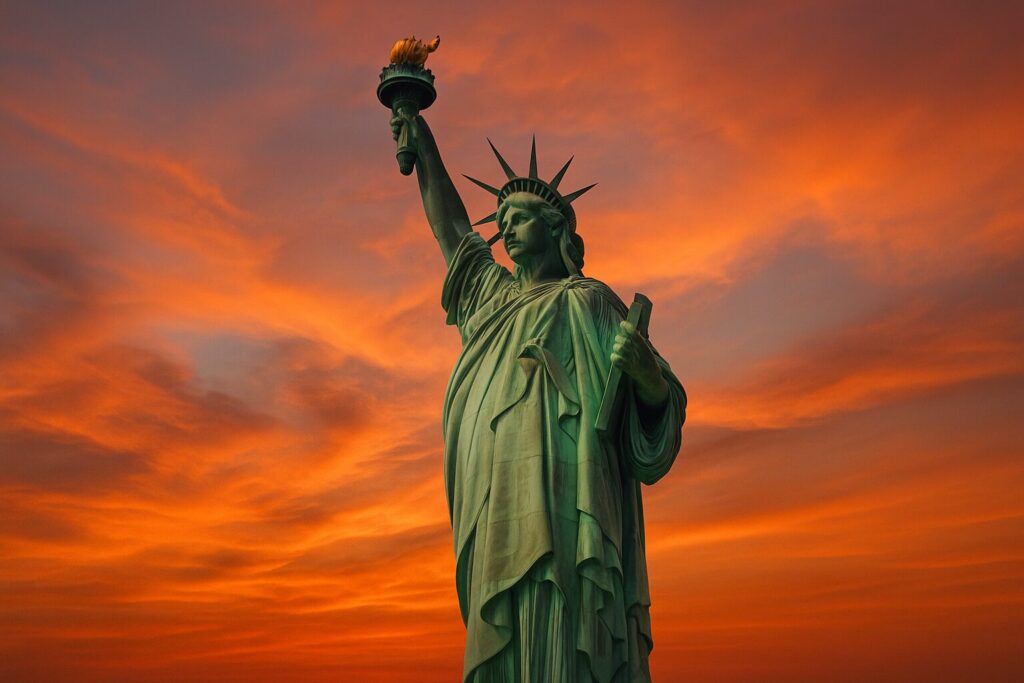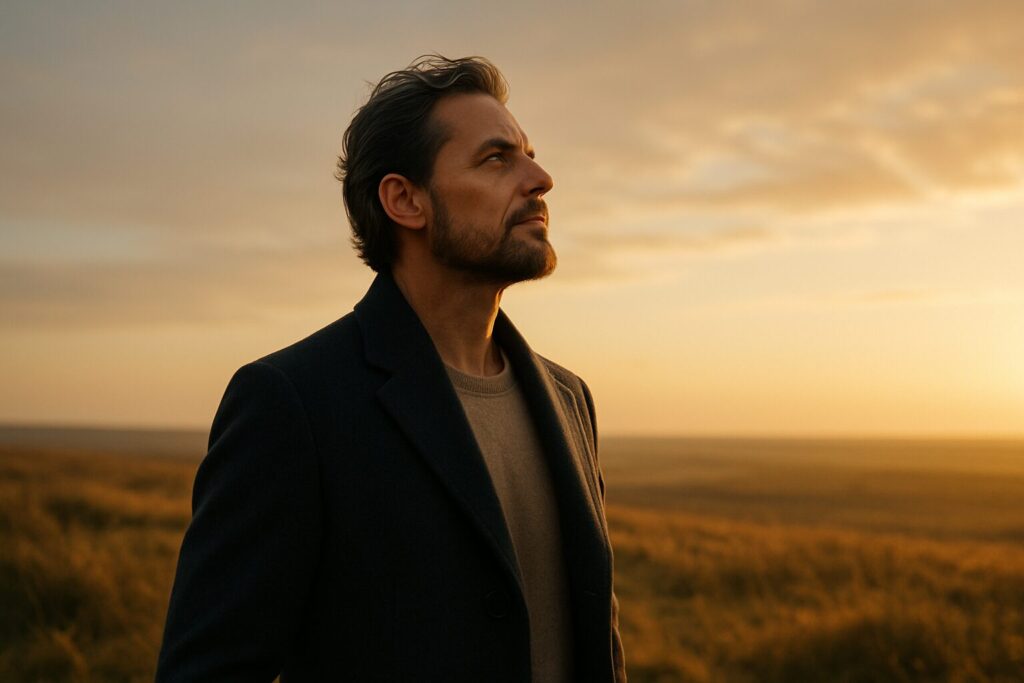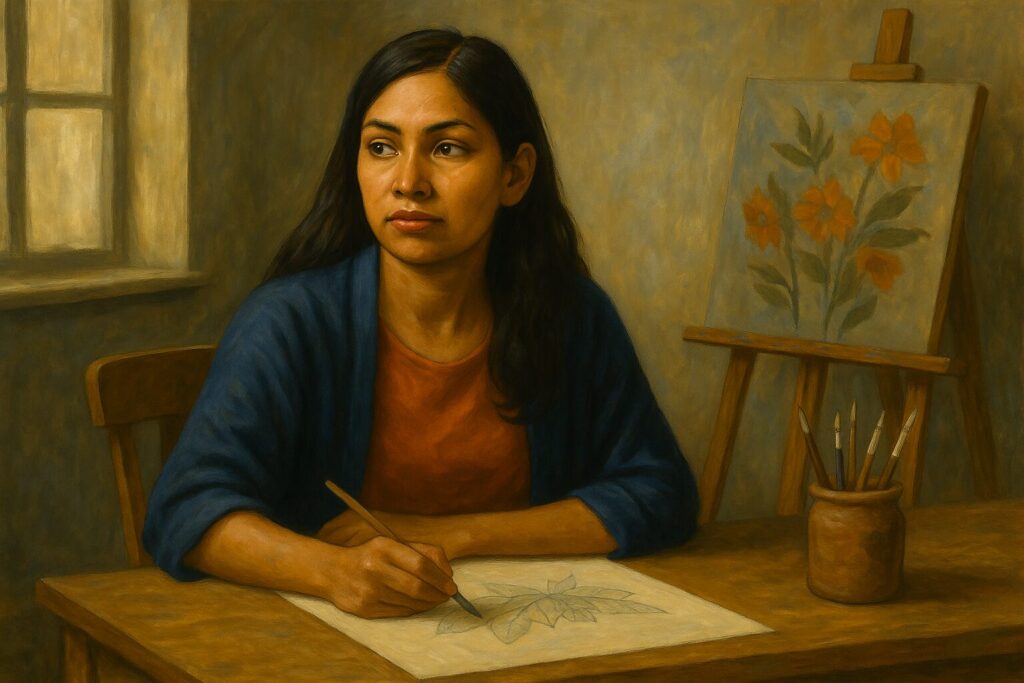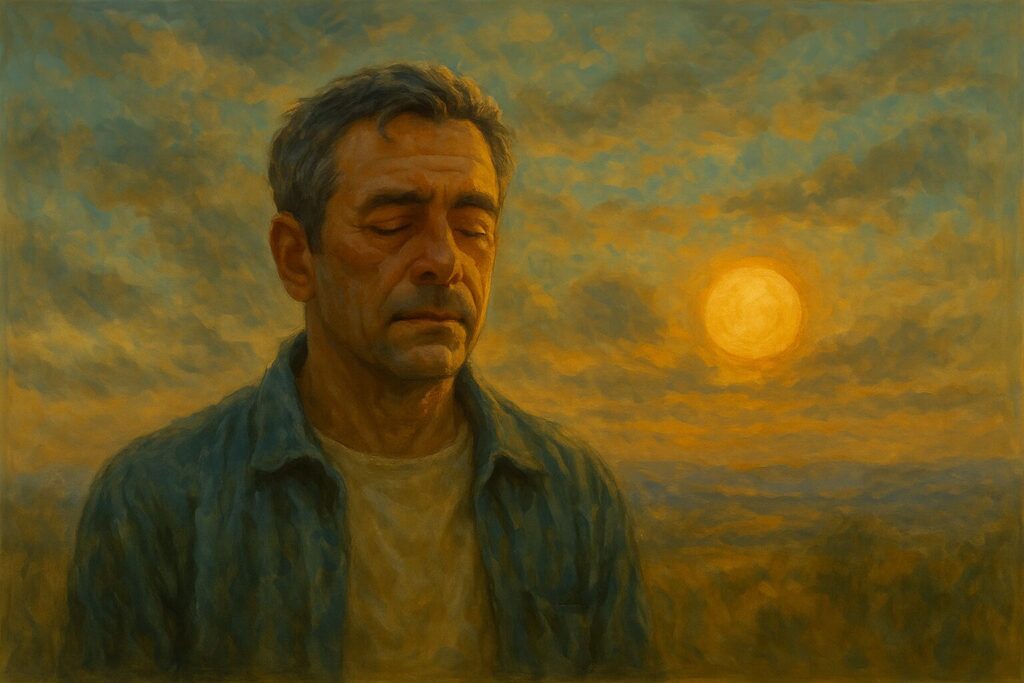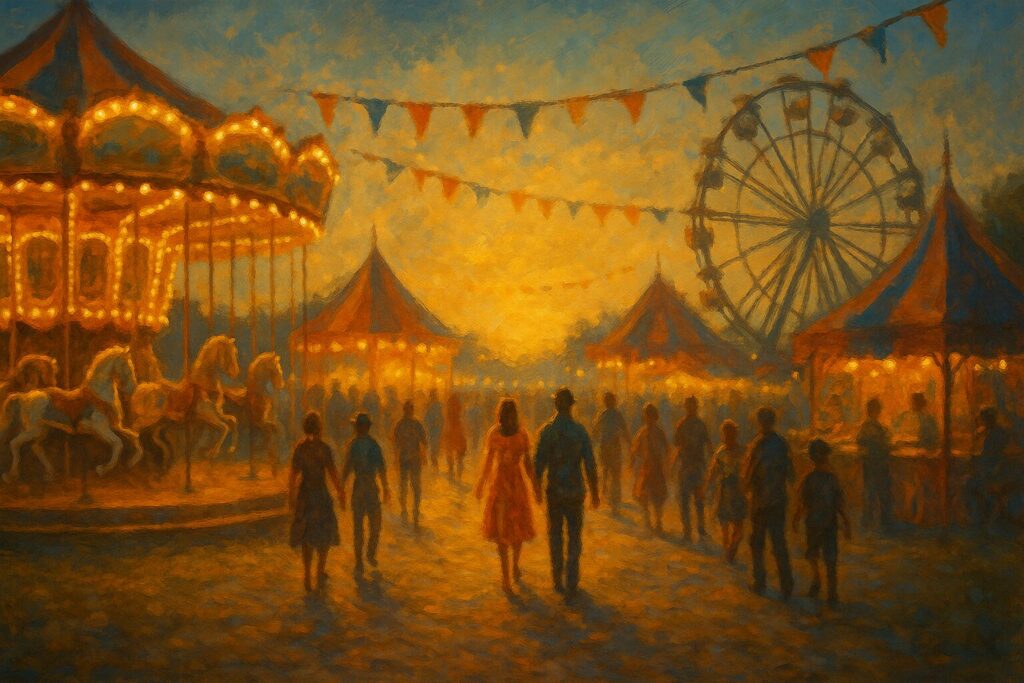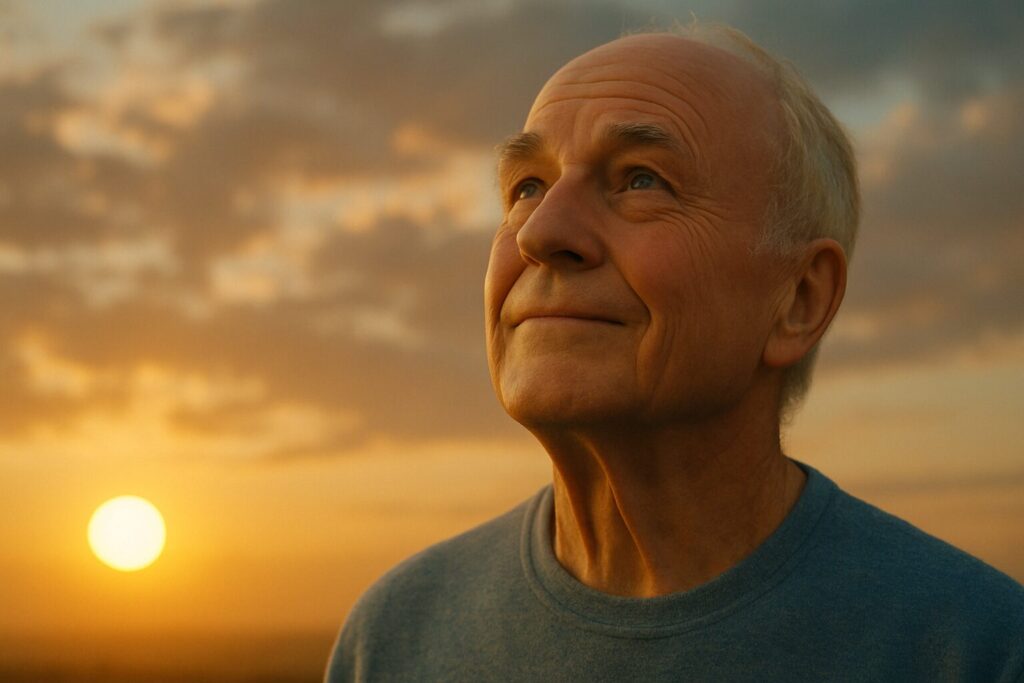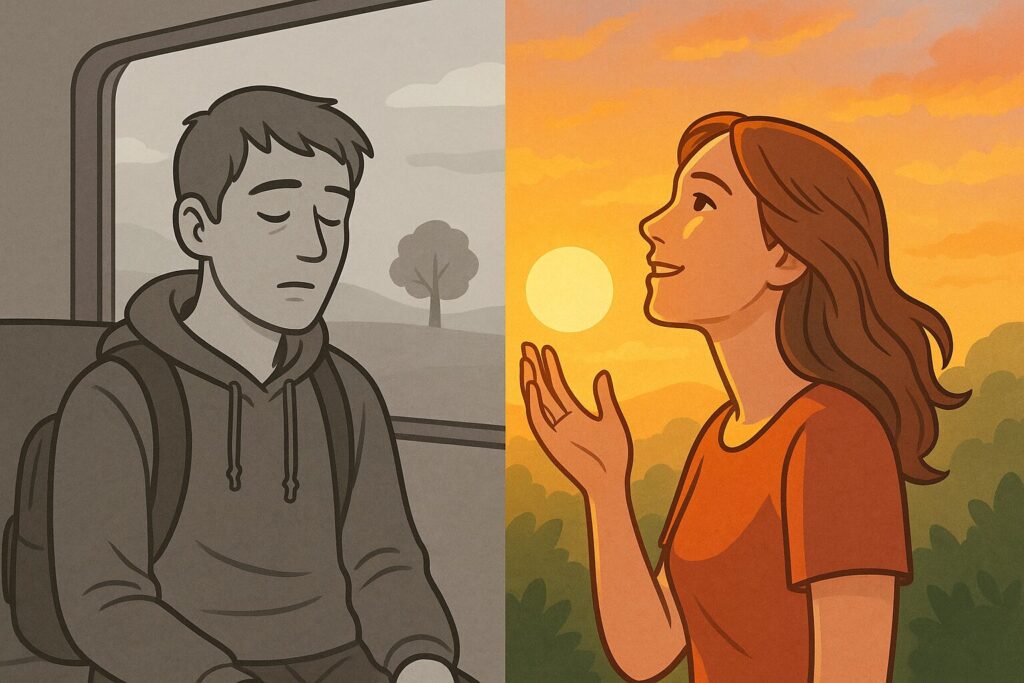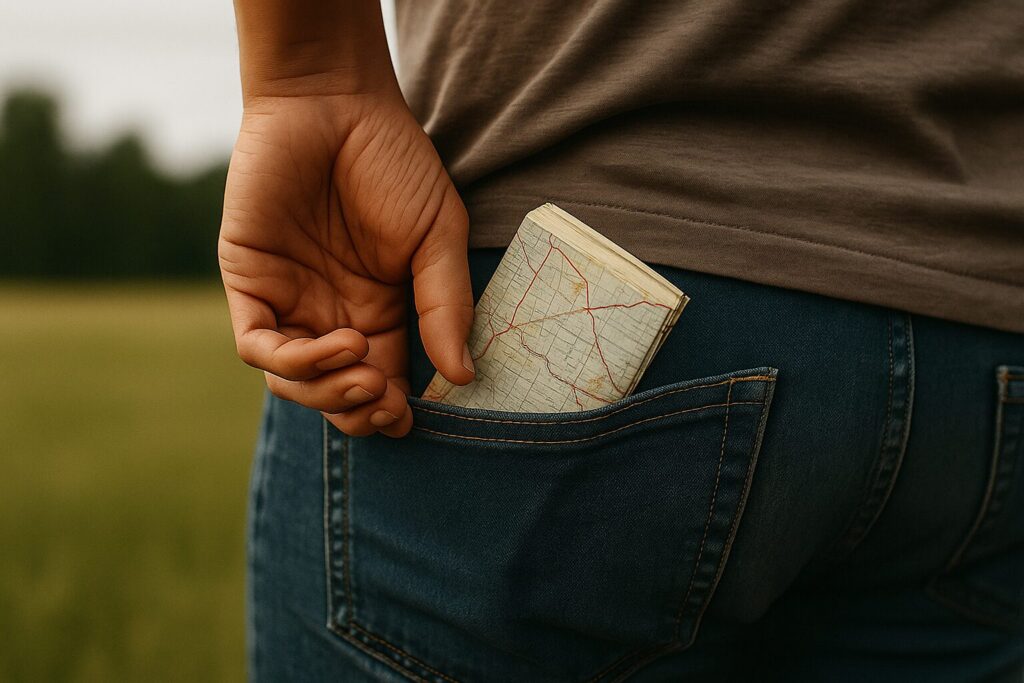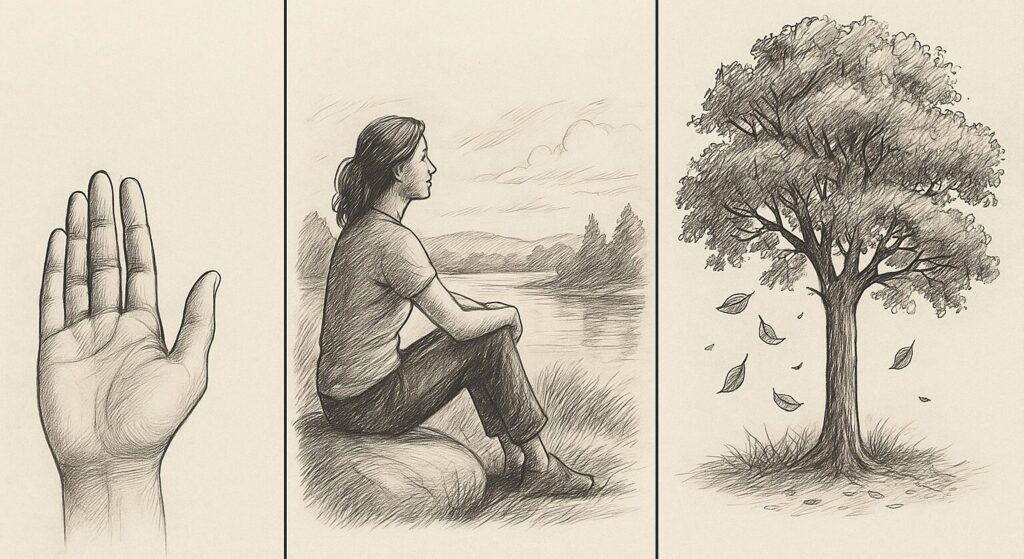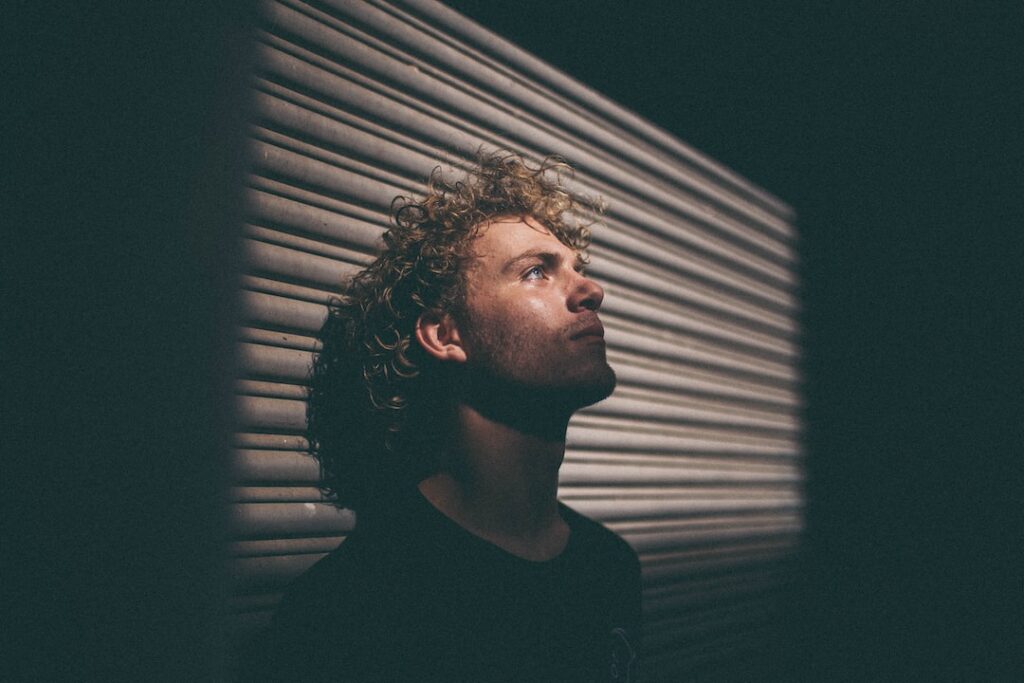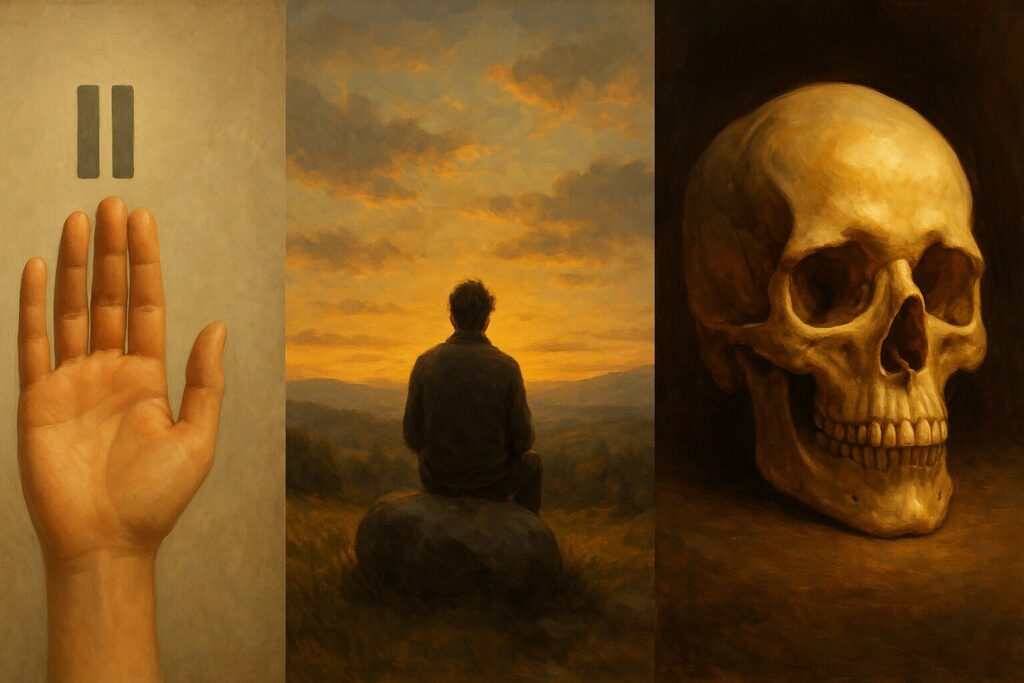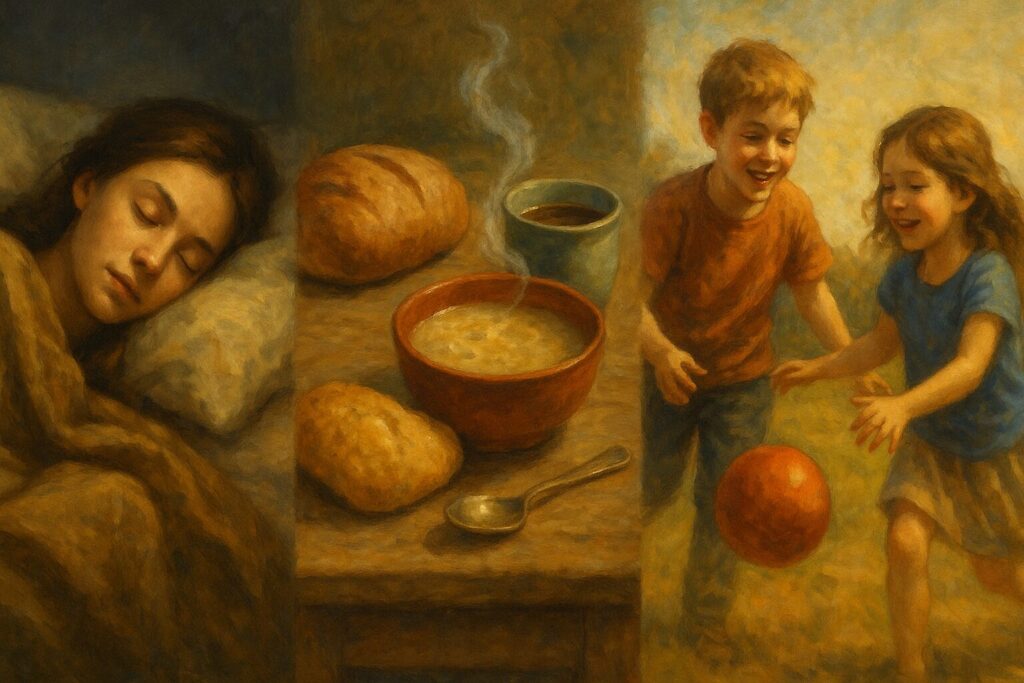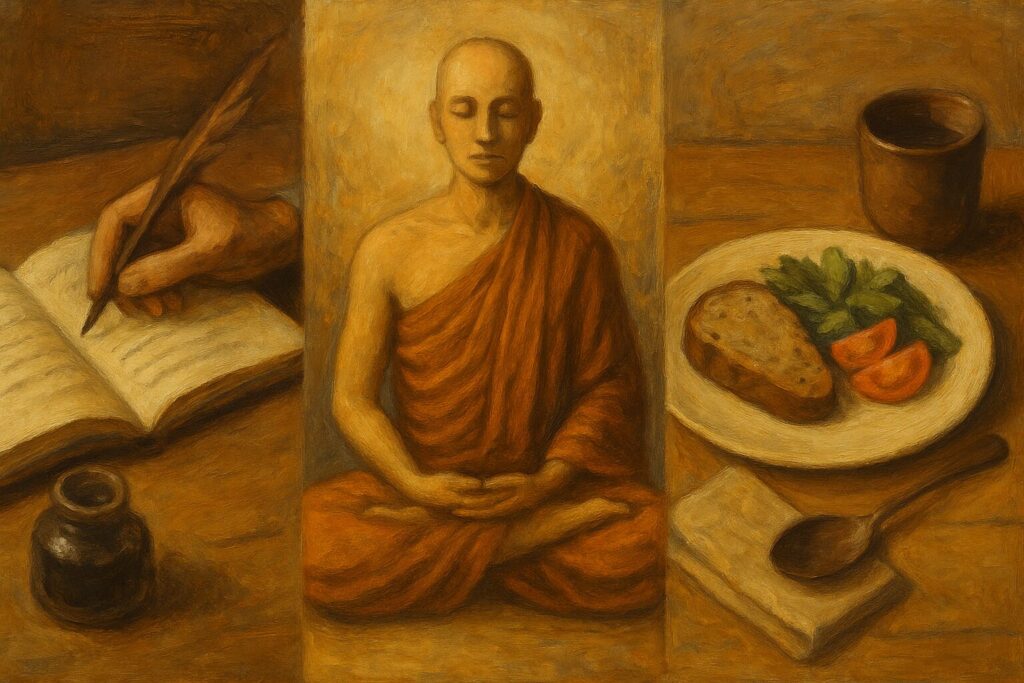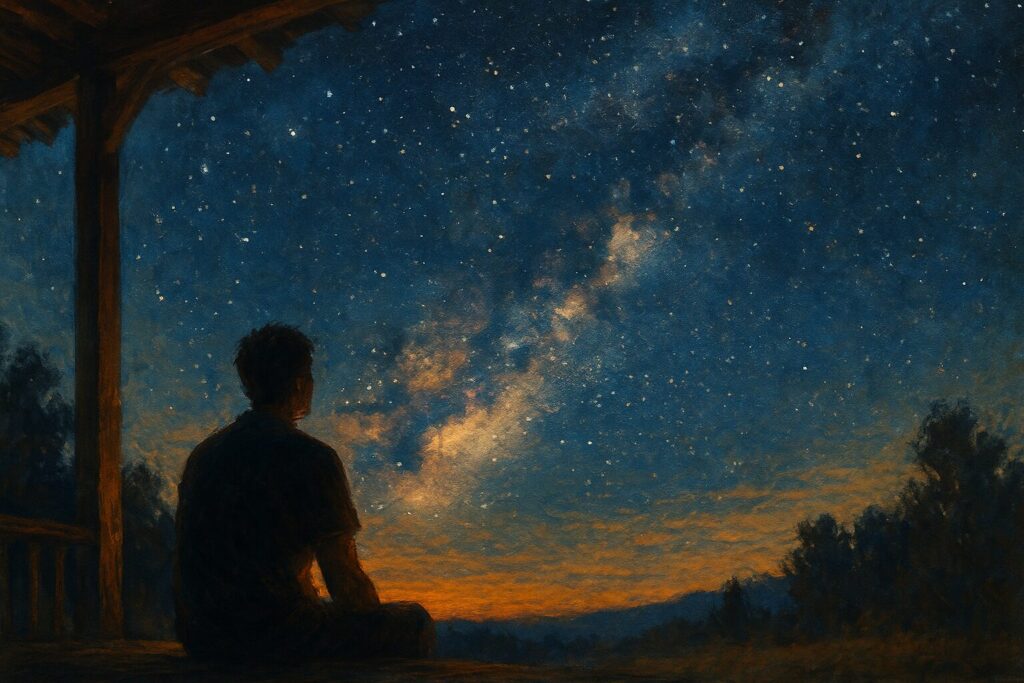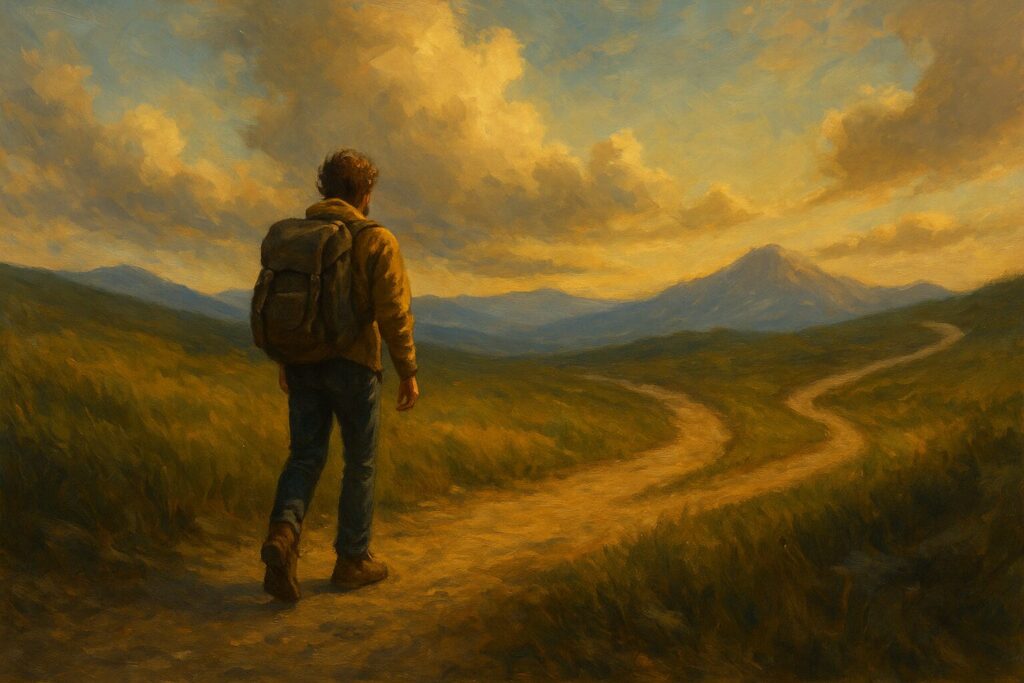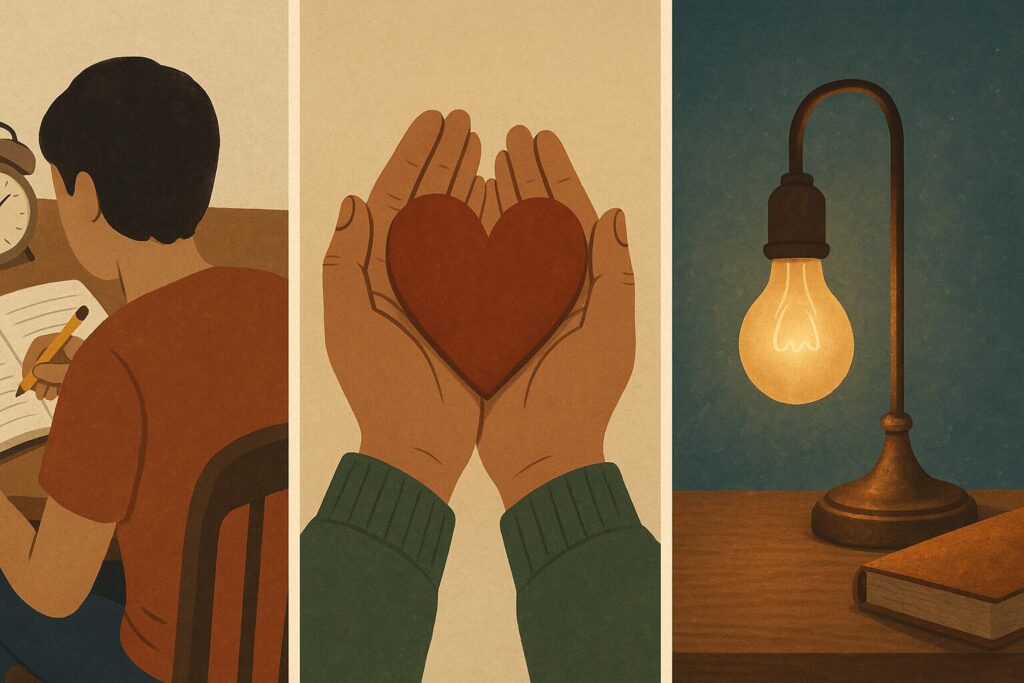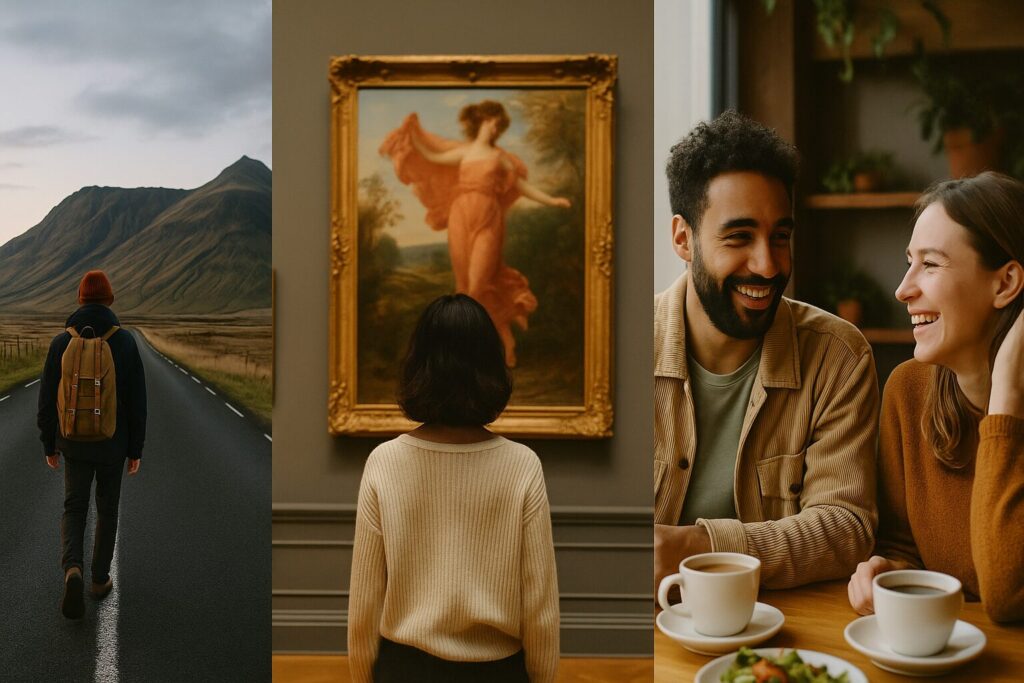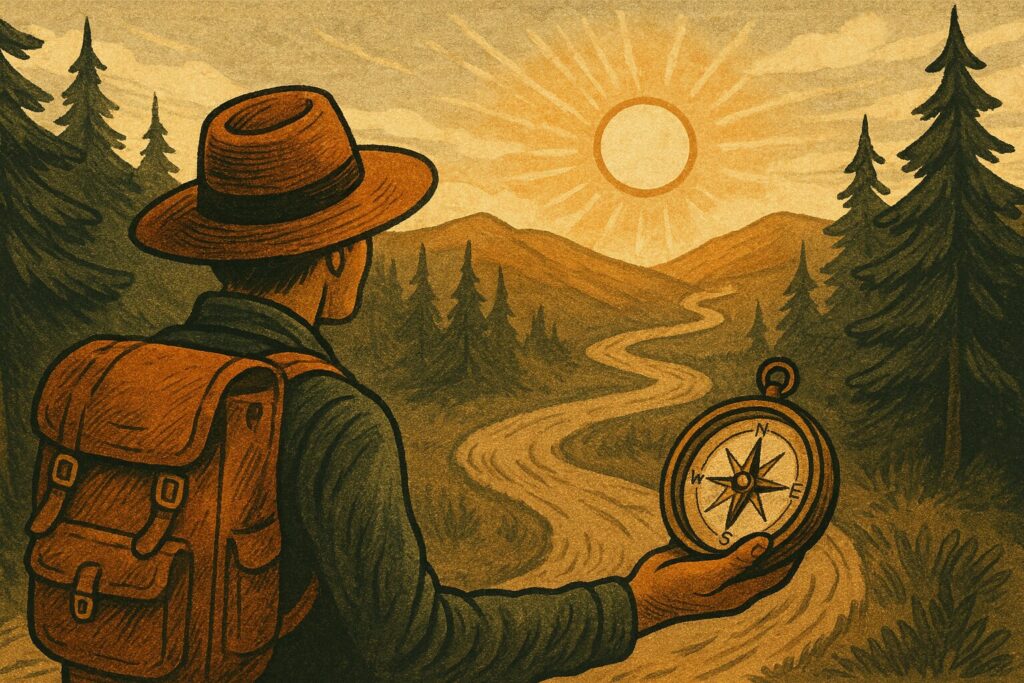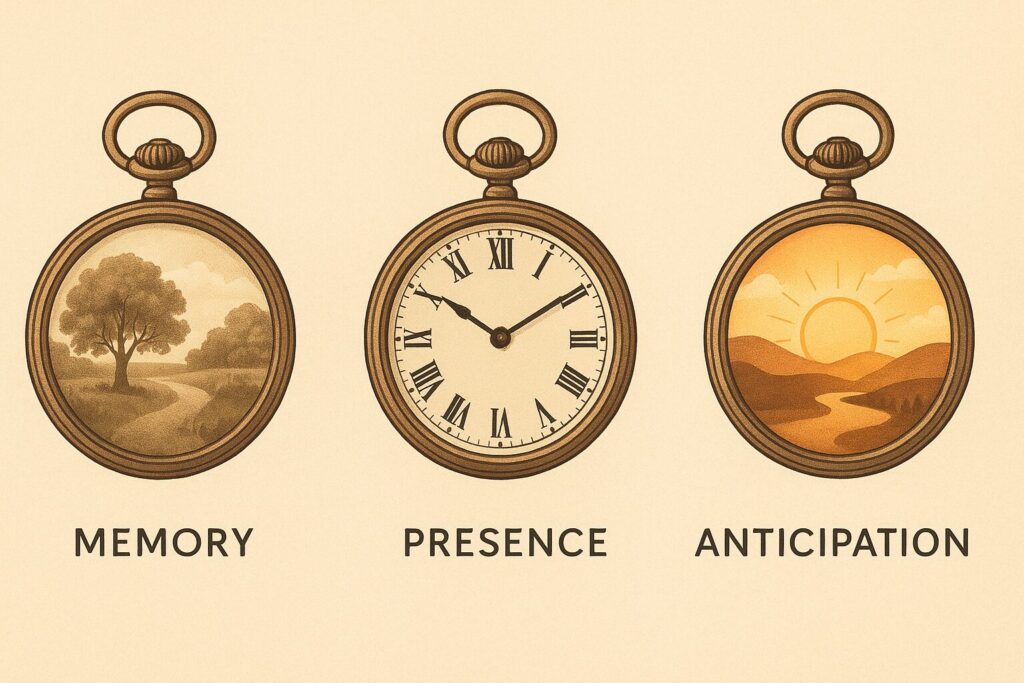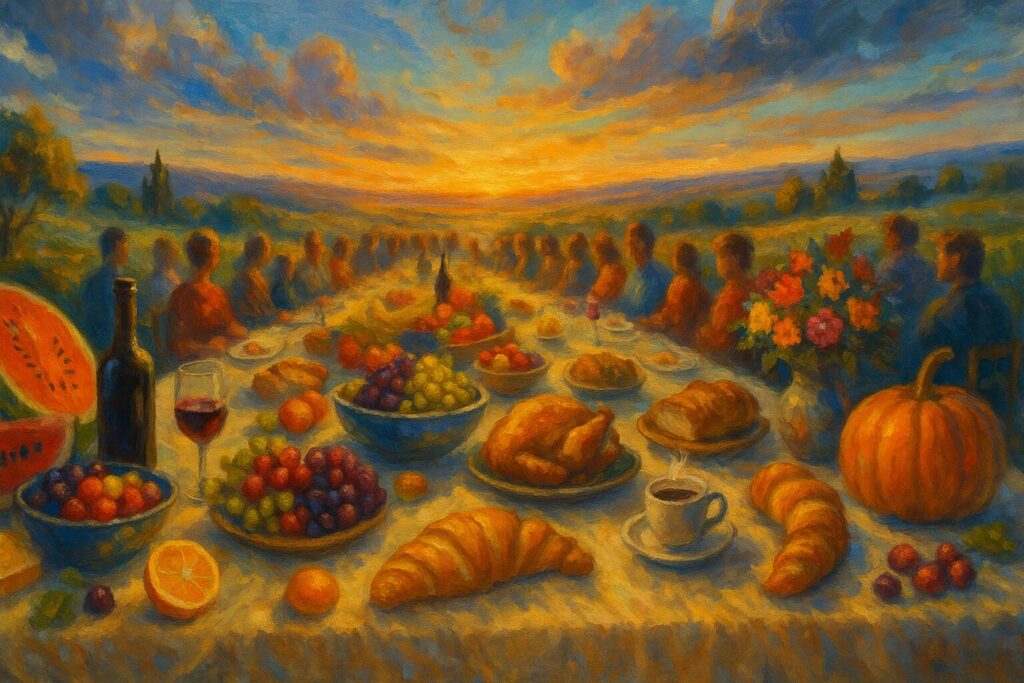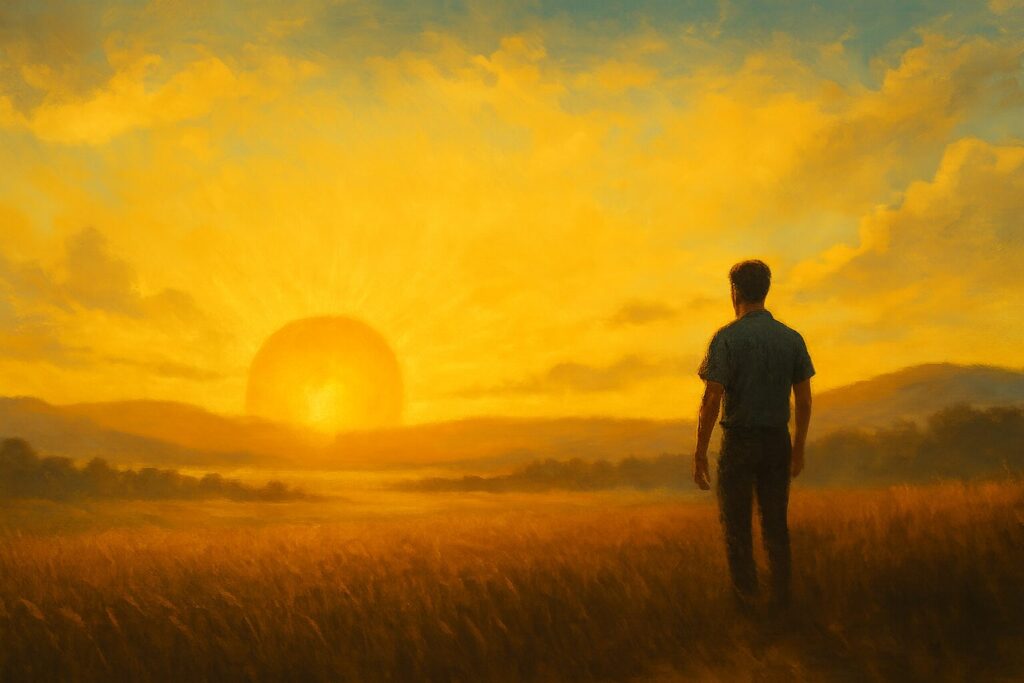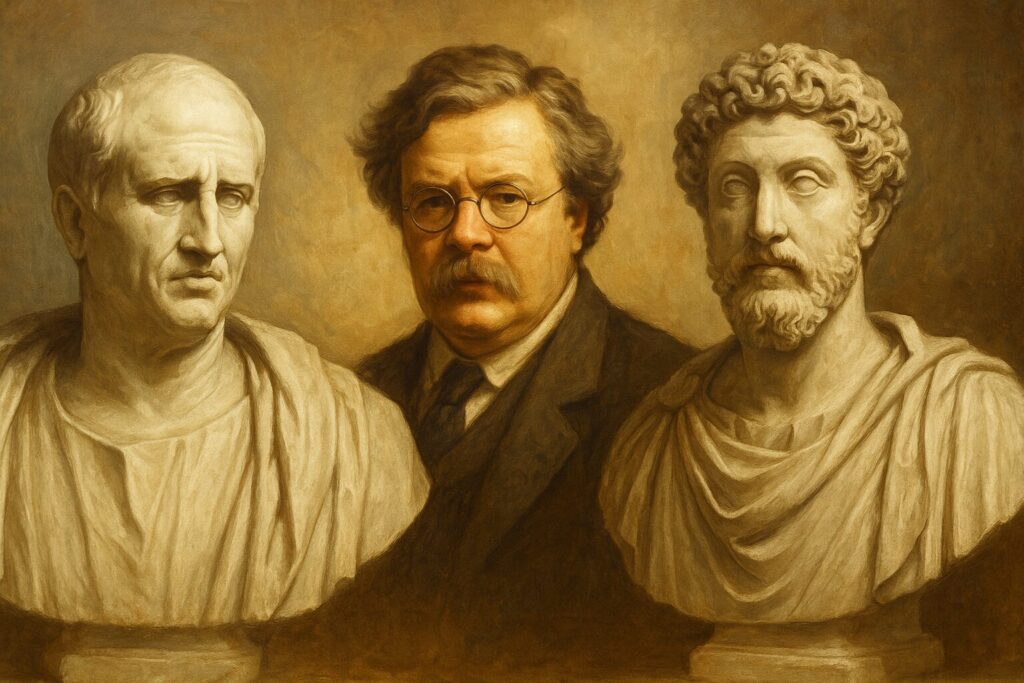Life
Freedom is not just a private feeling. It is a public fact. To live as an independent being requires more than courage in the heart. It requires a society that recognizes your right to exist as yourself. Without that recognition, independence collapses into a fragile dream, easily crushed by force. Individual rights are the framework that makes freedom durable.
Freedom’s Dignity
To be free is not merely to do as one pleases. That’s too shallow, too thin. True freedom carries a weight, a dignity. It means standing upright in the world as a being who is not owned, not directed, not erased.
Returning to Appreciation
Appreciation is not constant. No one can live permanently awestruck, permanently grateful, permanently at peace. There are storms. There are losses. There are nights when life feels unbearable, mornings when nothing glitters, afternoons when even endurance feels impossible. But the beauty of perspective is that it does not need to be constant to matter. It only needs to be returned to.
The Quiet Rebel
Not every act of independence makes the news. Most of them happen quietly, in kitchens, classrooms, offices, and breakrooms. They don’t topple governments or change laws. But they change lives — because they keep one person from surrendering their story and their dignity. This is the story of a quiet rebel. Not a revolutionary, but someone who dared to trust their own compass when conformity beckoned.
Humans as Appreciators
Other creatures live. We get to live and know we are alive. That distinction may be the single greatest feature of being human. A squirrel gathers acorns. A hawk circles for prey. Both are exquisitely adapted to survive. But neither pauses to marvel at the turning of leaves, or to wonder at the vastness of the sky. Their lives are aimed at propagation. Ours are capable of appreciation.
The Balance of Sanity and Wonder
Life demands two great skills. The first is to remain sane in the face of hardship. The second is to remain awake to wonder in the midst of ordinary days. One without the other is incomplete. Sanity without wonder becomes survival — a gray endurance stripped of joy. Wonder without sanity becomes naïveté — a fragile bliss easily shattered.
A Carnival of Wonders
Life is not one thing. It is a bounty of human creation, a call to adventure, and a tapestry of everyday delights. To be alive is to have access to all of it — to wander the carnival, to answer the invitation, to taste the simple joys that thread through our days.
Baseline Gratitude
If you’re reading this, you’ve already won. You’ve already beaten the cosmic odds to exist as a conscious, breathing human being on this improbable planet. Out of all the stardust and lifeless rock scattered across the universe, you get a ticket to ride. You get to taste, to feel, to wonder, to choose. You’ve been given the jackpot of jackpots: human life.
The Dignity of Feeling
To live is to feel. To ache, to delight, to grieve, to rage, to wonder. Our emotions are not intrusions into life — they are life. They are life expressing itself in us.
Sanity and Appreciation
Life is not easy. Even the most fortunate among us face storms of stress, fatigue, grief, and uncertainty. To live well is not to dodge hardship, but to remain sane enough within it to keep seeing the gift of existence.
Anesthetic vs. Aesthetic Living
There are two ways of moving through life. One is anesthetic. The other is aesthetic. The difference may be the difference between merely surviving your days and actually living them.
Perspective: There When You Need It
There’s a kind of comfort in knowing that even when joy is absent, the path back to it exists. We don’t always need to feel gratitude in order to be steadied by it. Sometimes it is enough to know that gratitude can be returned to — that it sits in our back pocket, folded and ready, waiting for when we are able to reach for it.
Three Quotes on Sanity and Renewal
When modern life frays us, it helps to remember: humans have always struggled to stay sane, always sought ways to renew the spirit. Across centuries, thinkers have left us words that still steady us today. Here are three such voices — Seneca, Thoreau, and Rumi — each offering a fragment of guidance for keeping our core intact so that we can continue to savor existence.
Live in a Way That Honors Existence
Gratitude is a powerful starting point, but Rebecca Goldstein pushes us further. She reminds us that awareness of life’s gift comes with a responsibility: to live in a way that honors it. Not perfectly. Not flawlessly. But earnestly. To live in such a way that we can say, I did not waste what I was given.
The Gift of Sentiment
To be human is to feel. We laugh, we weep, we tremble, we rage. And beneath all those reactions lies sentiment — the recognition that something matters. Without sentiment, life may be easier, but it is also emptier. Meaning is born not from calculation but from care. A life of pure detachment would be efficient, perhaps, but it would be hollow.
The Gratitude Reset
There are days when life feels like static. Stress builds, frustration grows, the world seems gray and jagged. In those moments, we don’t need grand achievements or sudden miracles. We need a reset. Gratitude is that reset.
A Triad of Practices for Everyday Independence
It’s tempting to think independence is one big declaration — a dramatic stand against the world. But in truth, independence is practiced daily. It is strengthened like a muscle, in pauses, rituals, reminders.
A Handful of Everyday Wonders
Sleep restores us and gives us the bonus world of dreams. Food sustains us and turns survival into art. Play lightens us, liberates us, and connects us back to wonder. None of these are exotic. They’re woven into ordinary days. And yet, when we pay attention, they reveal the extraordinariness of being alive.
The Golden Ticket Perspective
Congratulations. If you’re reading this, you’ve already won. You’ve won the golden ticket to the greatest prize on Earth: human life. Unlike all the stardust, comets, and clumps of rock drifting through the cosmos, you get to live. You get to taste, to feel, to think, to wonder.
Invulnerability and Its Consequences
We live in a culture that worships strength. We admire the person who never flinches, never cries, never admits weakness. And when we’re hurting, we may envy them. If only I could be like that, we think. Untouched. Invulnerable. But invulnerability comes at a cost. When we build walls against pain, we build them against joy too. When we numb our capacity for hurt, we also numb our capacity for meaning.
Three Ancient Practices for Sanity
When life feels overwhelming, we often turn to the latest trends for relief — new apps, new hacks, new therapies. Yet across centuries and cultures, people have always faced the same question: How do we stay sane enough to love life?
The Miracle of Being Human
What does it mean to be human? Not in the biological sense — bones, blood, brain — but in the lived sense. In the way it feels to inhabit this brief, improbable window of awareness. To be human is to wake each morning into a world that did not have to include us, and yet does. It is to step into a story already underway and know that, against all odds, we get to add our verse.
Independence and Mortality
Independence is not just a lifestyle preference. It is a way of honoring the gift of existence itself. When we recognize that life is finite — that our time here is brief, unrepeatable, fragile — the question sharpens: Will I spend this one chance as myself, or as an echo of others’ expectations?
Becoming Ourselves
We arrive in the world raw, unformed, bewildered. A baby doesn’t know who it is. A child doesn’t yet know what will matter. Even in youth, identity feels like mist: here for a moment, then shifting. And yet, across the decades, something steady persists — the sense that we are slowly becoming. We are sculptors shaping marble we can’t fully see, discovering the figure only as we chip away.
3 Types of Everyday Courage
We wait for courage to feel like fireworks. Most days it’s closer to a steady pilot light—quiet, persistent, ready to ignite what matters. Beginning badly keeps it lit. Speaking true and kind feeds it oxygen. Guarding the flame gives it fuel.
Sparks of Life
Travel opens us. Art awakens us. Companionship deepens us. Each is small enough to weave into everyday life. Together, they remind us that living fully and savoring deeply are not distant goals but daily practices.
The Joy of a Life Well-Oriented
Life is brief. Time is precious. Without orientation, we risk wasting it on false compasses and empty pursuits. But with orientation, every day can contribute to fulfillment.
The Treasures of Time
Memory roots us in story. Presence awakens us to wonder. Anticipation draws us forward in hope. Together, they make time not an enemy but a gift. We are the rare creatures who get to live across all three dimensions at once, carrying the past, inhabiting the present, and leaning toward the future.
A Feast of Living
What a banquet we’ve been invited to. The table stretches endlessly: oceans shimmering with silver fish, forests brimming with birdsong, deserts whispering their secrets in shifting dunes. Look closer, and the spread is more intimate still: a ripe peach, a handwritten letter, the comfort of worn sheets after a long day. Life is a feast, and we are the guests.
You’ve Already Won
Most of us think of winning the lottery as a once-in-a-lifetime event. The odds of striking it rich with Powerball are 1 in 292 million. A long shot, to say the least. But you’ve already won the only lottery that really matters: the chance to be alive at all.
Count Each Day as Gain
The Roman poet Horace knew something we often forget: life isn’t guaranteed. Not tomorrow, not even the next hour. Every day that arrives is a gift. We do our best to steward and prolong that gift, but each day is still a privilege, and we should do our best to appreciate it as such.
Admitting Hatred of Life
There are things we’re told not to say out loud. At the top of the list: “I hate my life.” It sounds ungrateful. It sounds melodramatic. But honesty matters more than appearances. Sometimes the bravest thing you can do for yourself is to admit the truth of the moment: Right now, I hate my life.
A Meditation on Rest
Rest is not absence. It’s presence of another kind. The slowing of the drum so the melody can be heard. The white space around the brushstroke that lets the painting breathe. The silence between notes that turns noise into music.
Three Windows into Gratitude
Gratitude is as old as human reflection. Across centuries and cultures, thinkers have returned to it as one of life’s essential orientations. Not a nicety, not an afterthought — but a compass for how to live. Here are three voices — a Roman statesman, a British essayist, and a Stoic emperor — each pointing us toward the same truth: gratitude is not peripheral; it is central.
